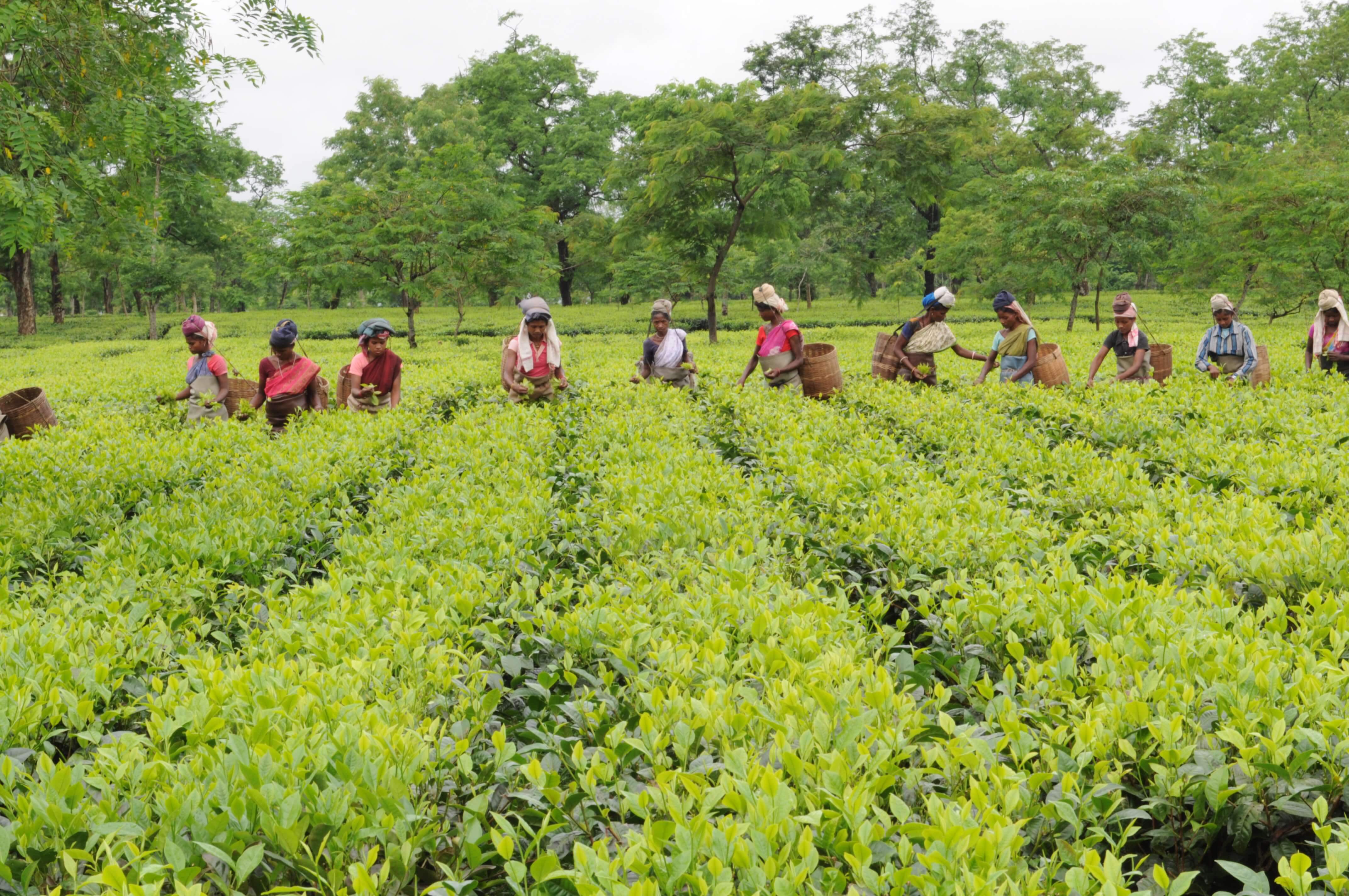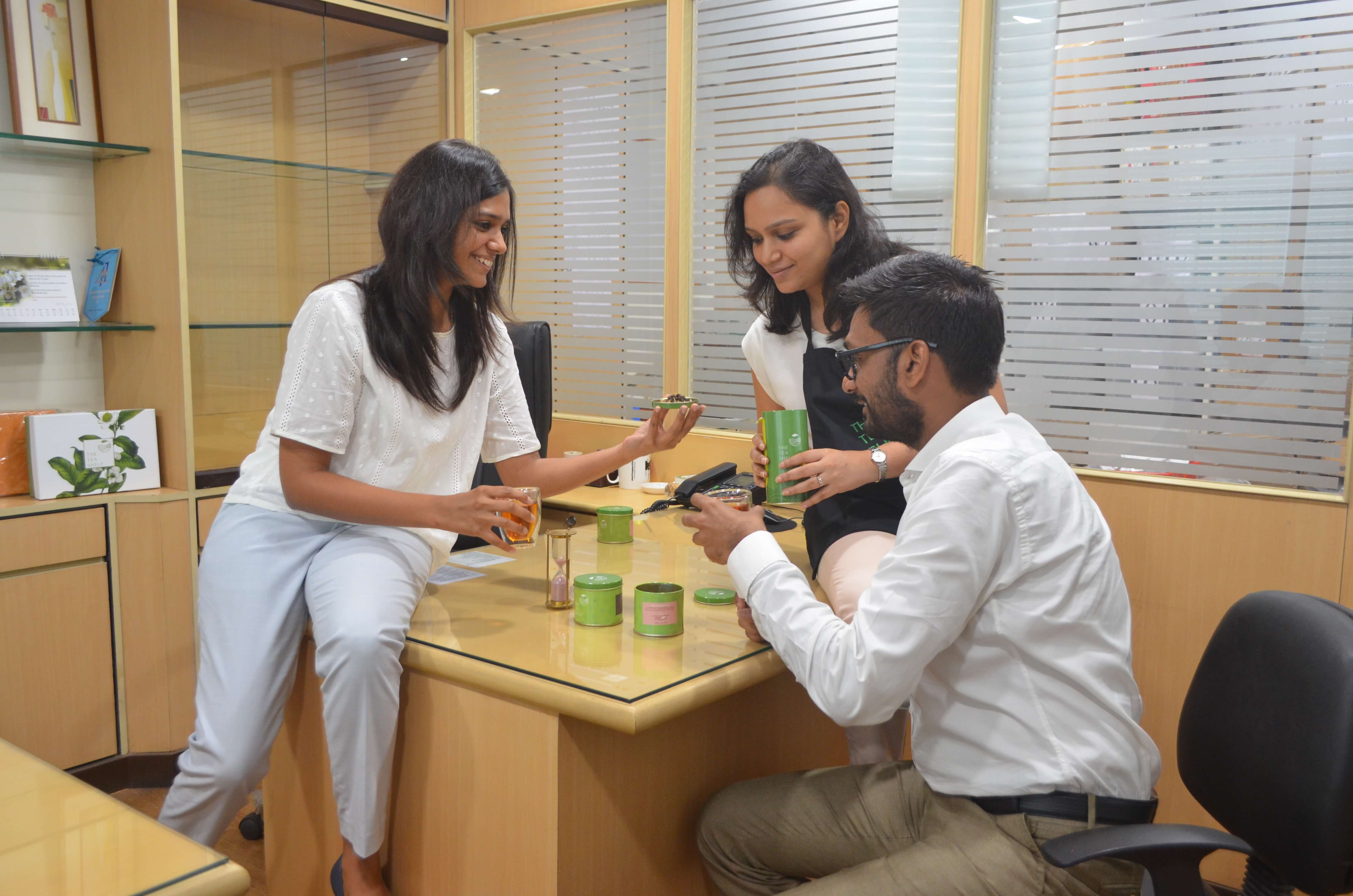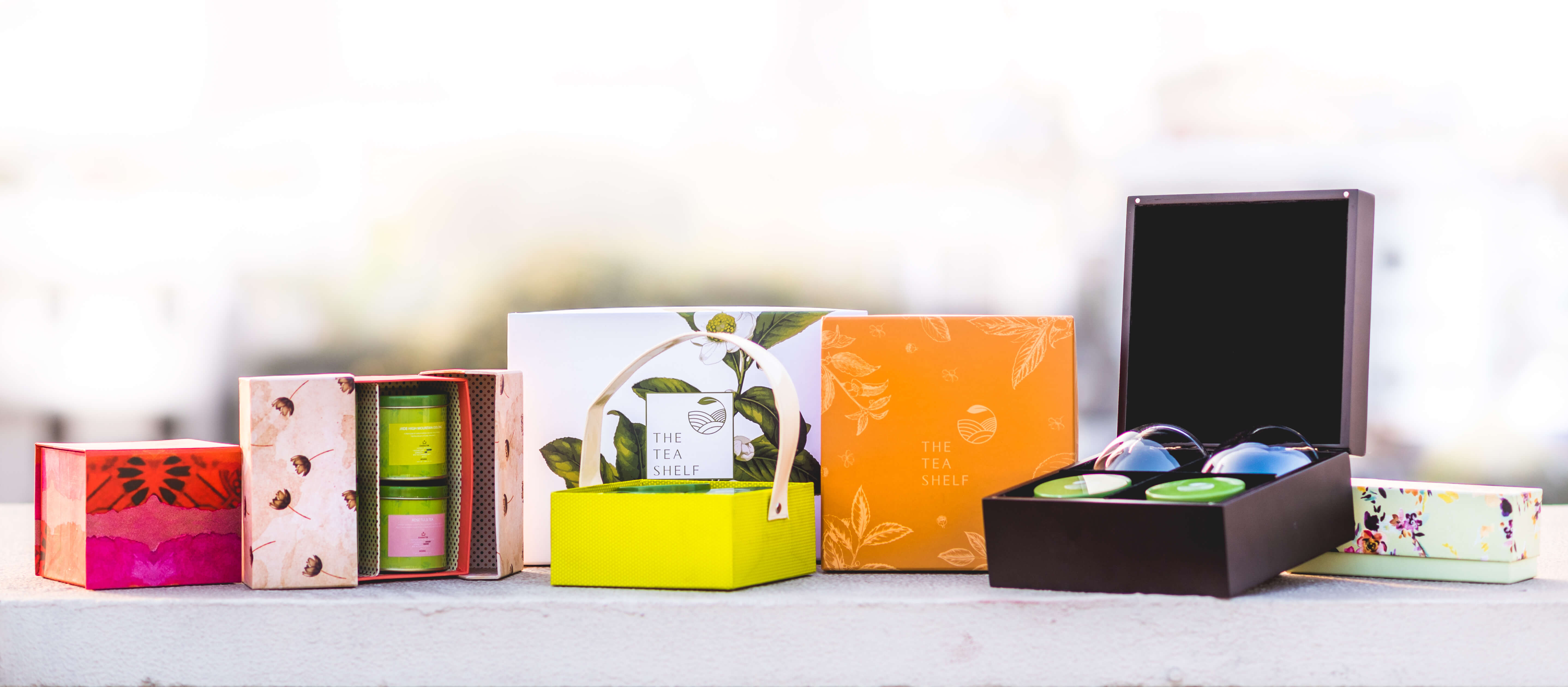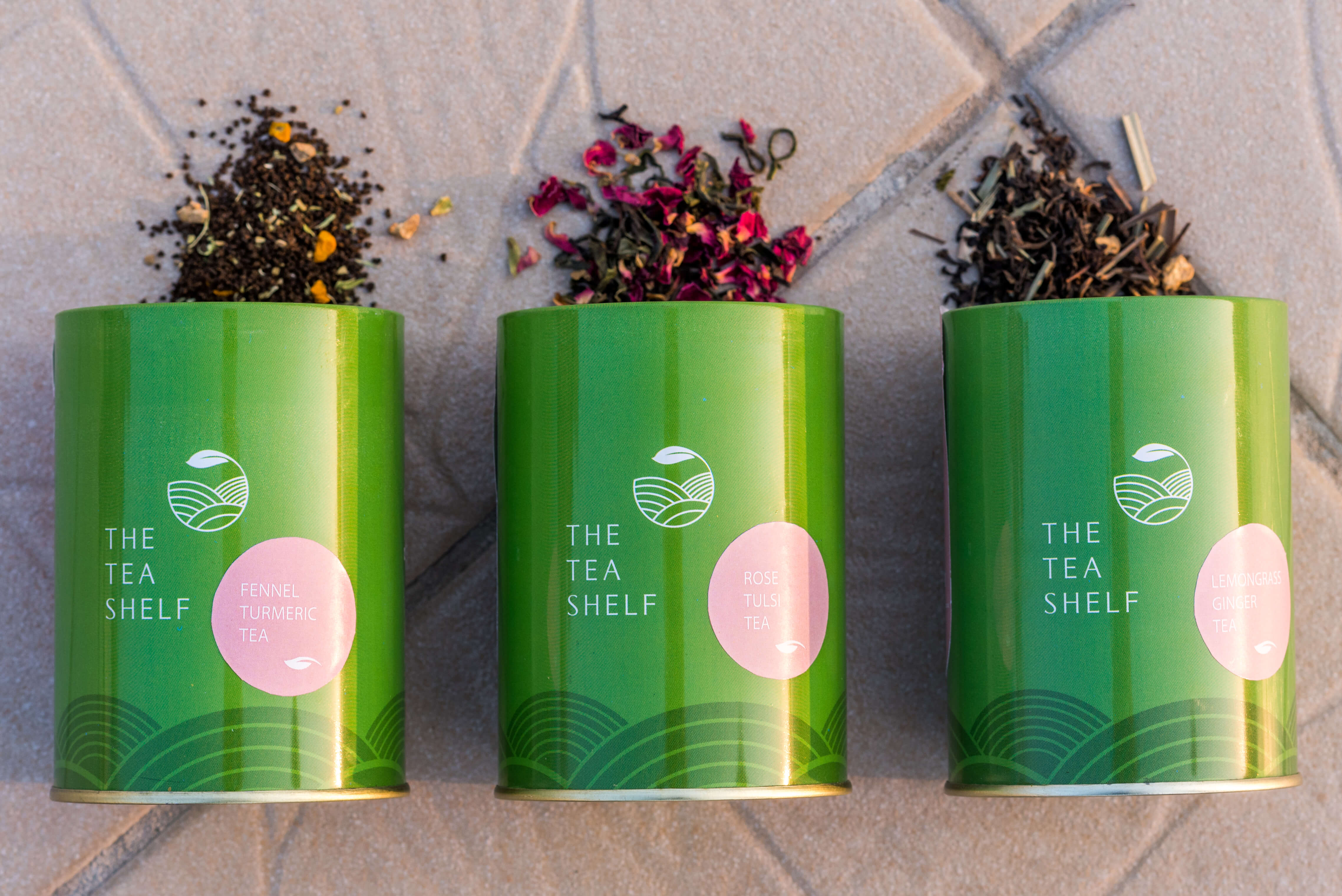The Tea Shelf is among India’s most successful pioneers in the e-commerce for tea. Since launching in 2015, they have grown their business by delivering high-quality tea blends to online consumers directly from their estates in Assam and creating blends from various estates in North and South India.
Their e-commerce business occupies a singular position in the tea industry – a new enterprise with a historical precedent for success. While The Tea Shelf is only entering its fourth year of operations, the family business that serves as its foundation is more than 130 years old.
The great-great-grandfather of the company’s founder and CEO Atulit Chokhani migrated from what is now the Indian State of Rajasthan in the late 1890s in search of opportunity. He travelled east to colonial India’s hub for commercial activity, to what was then called “the North-East Frontier”. Eventually, he found his calling and took up work on a tea plantation.
The Chokhanis started a modest tea plantation at the end of the 19th century, which grew to become a publicly traded company by 1920. From 1956 onwards, they augmented the business with a small but innovative engineering unit where they manufactured machinery for the tea industry.
Currently, the family business produces nearly 2.5 million kg of tea from 1,000 hectares of verdant tea fields at the foot of the Himalayas. In addition, the family also trades approximately 2 million kg to the Middle East, China, UK and Japan.
Where others might have opted to simply maintain the business that defined familial success over six generations, Atulit Chokhani saw an opportunity in the changing consumer habits of tea drinkers across India and around the world and decided to launch The Tea Shelf.
The decision to enter the e-commerce space didn’t come without risk. In 2015, running an online business had become the norm in North America, Europe and East Asia. However, this was not yet the case in South-Asian markets. Indian e-commerce was still in its nascence and a true marketing challenge.
Tharawat Magazine had the opportunity to sit down with Atulit Chokhani to discuss The Tea Shelf’s ideation, adjusting to the realities of online marketing and the future of e-commerce in one of the world’s most exciting growth economies.

As a sixth-generation family member, how did you find your place in the business?
Growing up on our ancestral tea plantation in Assam, I had the benefit of observing my father’s and uncles’ work ethic. I saw the effort required to maintain a family business. Their example inspired me and gave me a sense of clarity with what I was going to do with my life.
Joining the family business was always at the back of my mind, but I was diverted along the way. After completing my engineering degree in Bangalore, I accepted an offer to work with Deloitte. Then, one day, I was struck with the realisation that I had a different calling – one closer to home.
That eureka moment was the impetus for my entry into the family’s tea business. I joined in 2008 and began working with my father. Shortly after, I completed my MBA in Family Business Management at Bombay’s SP Jain Institute.
Joining the family business was always at the back of my mind, but I was diverted along the way. Then, one day, I was struck with the realisation that I had a different calling – one closer to home.
Did your MBA experience change your perceptions of your own family business?
Not necessarily. However, the MBA program was instrumental in exposing me to other Indian family enterprises of which I was previously unaware. Many of my classmates came from textiles, shoes and other diverse fields. Despite backgrounds in seemingly unrelated industries, we encouraged each other, learned from each other and offered each other help, which was hugely advantageous.
That said, I did find myself questioning our organisation’s long-standing processes, examining them in depth to assess their value. So many aspects of the MBA experience have had a lasting impact on my business practice, whether it’s networking or leveraging the expertise of my professors.

How did The Tea Shelf start?
We formally launched the venture in January 2015. At that time, I was aware of e-commerce but lacked the technical knowledge to implement the idea. E-commerce was a relatively new concept in India back then. We had to negotiate a steep learning curve.
The Tea Shelf spent a year in beta, streamlining and fixing bugs. We had payment and gateway issues. There were a lot of problems we had to overcome. Essentially, we were operating a start-up within the family business.
From a marketing perspective, what was the most effective strategy in precipitating growth?
Tea farming is a traditional industry. As tea farmers sell their product through long-established relationships with buyers in a B2B model, we didn’t have any experience in conventional B2C marketing.
Marketing was entirely new territory for me, both digital and otherwise. The most significant challenge came in articulating the vital distinction between our tea and poor-quality tea. Indians tend to consume four or five cups a day; tea is an inherent part of most social interactions. However, Indians aren’t generally concerned with the quality of the tea itself when it comes to chai.
We had to convince consumers that superior-quality tea is a unique experience and one to covet. There is a whole world of tea they are missing out on.

[ms-protect-content id=”4069,4129″]
How were you able to manifest this change in perception and identify your customer base?
We quickly learned what consumers are searching for and adapted our product line. If you look at The Tea Shelf’s current catalogue, you’ll notice that we’ve moved away from single-estate teas towards more flavourful blends because that’s where we see the highest demand.
The recent trend towards healthy eating has embraced the organic tea industry, bolstering sales and increasing traction. Up until about four years ago, only pure green tea was said to help you lose weight. Now, the category also includes chamomile green tea and other blends. This represents an extraordinary opportunity for us to experiment with different flavours and create proprietary products.
One area in which we have no involvement is the herbal tea category. We decided that we would not market a product as tea unless it included camellia sinensis – the botanical name for the tea plant. Despite our digital presence and outlook, we are traditionalists at heart.
Learning, the foundation of responsible entrepreneurship is a continuous process. My father always told us, ‘You will learn until you are in your coffin. Every day is a challenge; new problems will arise, and you will have to overcome them.’ His advice has proved instrumental in growing The Tea Shelf to where it is now.
Learning, the foundation of responsible entrepreneurship is a continuous process. My father always told us, ‘You will learn until you are in your coffin. Every day is a challenge; new problems will arise, and you will have to overcome them.’ His advice has proved instrumental in growing The Tea Shelf to where it is now.
How has your business changed now that online marketing and e-commerce portals have become normative 21st-century business practices?
We see new websites going up every day, which indicates that space is growing. This growth will only continue. The ease of access to goods and services e-commerce represents will further the trend towards a consumer-centric marketplace. Building an attractive brand in this highly competitive environment is not easy.
Since our business exists almost exclusively in the digital space, the challenge for us lies in converting customers who still buy their tea in-store. We must convince them to buy our products online.
Undoubtedly, digital commerce is the way forward, but the challenges of the transitional period, which I believe is currently underway, are many. For example, attracting customers isn’t as straightforward when they can’t physically interact with your product on the store shelf. Many complex factors influence our buying habits. With this model, the differentiation between success and failure exists in the conversion of new customers at the lowest possible cost.

[/ms-protect-content]














